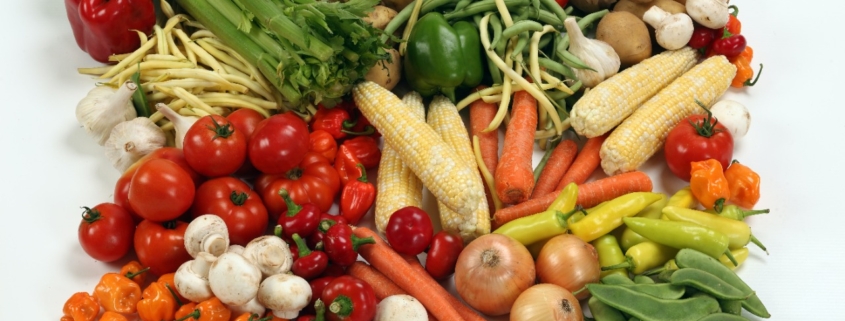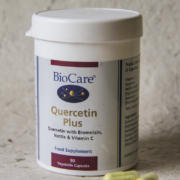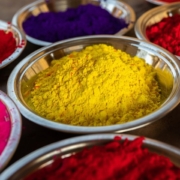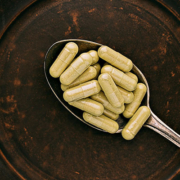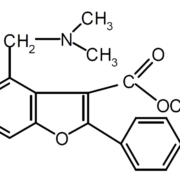All you need to know about quercetin
All you need to know about quercetin Flavonoids, a class of plant pigments that give many fruits, flowers, and vegetables their colours, include quercetin. One of the antioxidants known as flavonoids is quercetin.
Naturally occurring phytochemicals with promising biological effects are quercetin (Que) and its derivatives. Que has been thoroughly studied for its antidiabetic, anti-inflammatory, antioxidant, antibacterial, anti- Alzheimer’s, anti-arthritic, cardiovascular, and wound-healing properties.
WHAT FOODS HAVE A GOOD QUERCETIN?
Onions, apples, grapes, berries, broccoli, citrus fruits, cherries, green tea, coffee, red wine, and capers are among the foods that contains quercetin.
WHY PEOPLE TAKE QUERCETIN?
Several factors lead people to consume quercetin, including
- Increase immunity,
- Increase immunity, reduce inflammation,
- Reduce allergies,
- Assist exercise performance
- And preserve overall health
BENEFITS OF USING QUERCETIN
- Could lessen inflammation
- Could reduce allergy symptoms
- Possibility of anticancer effects
- May reduce your risk of developing Chronic brain issues
- Could lower blood pressure and fight ageing
- May help with blood sugar regulation
IS QUERCETIN A SLEEP AID?
In the current study, the impact of quercetin on the control of sleep and wakefulness is examined. Quercetin (200 mg/kg) administered intraperitoneally to rats considerably boosted non-rapid eye movement (non-REM) sleep during the night while dramatically reducing REM sleep.
THE EFFECTS OF QUERCETIN ON VIRUSES
Due to its capacity to inhibit the early phases of virus infection, interact with proteases crucial for viral replication, and lessen infection-related inflammation, quercetin has been suggested for use as an antiviral in several investigations.
CAN QUERCETIN REDUCE MUCUS?
A flavonoid called quercetin, which is naturally present in many fruits and vegetables, has been shown to exhibit a variety of biological effects including a reduction in the three main symptoms mucus production, airway inflammation, and bronchial hyperactivity are all signs of asthma.
HOW CAN QUERCETIN ASSIST THE LUNGS?
Plant flavonoid quercetin has strong anti-inflammatory and antioxidant effects. In a preclinical model of chronic obstructive pulmonary disease (COPD), quercetin decreased lung inflammatory and oxidative stress indicators as well as the progression of rhinovirus-induced lung illness.
DOES QUERCETIN AID WITH INTESTINAL HEALING?
The makeup of the gut microbiota is modulated and intestinal barrier function is improved by quercetin. The gut epithelium’s tight junction proteins’ actions improve barrier performance and decrease inflammation, defending the host from colonic illnesses.
PRECAUTIONS
- For the majority of people, quercetin may be safe for short-term use when taken orally. It is safe to take quercetin in amounts up to 1 gram per day for 12 weeks. It is unknown whether prolonged use or greater dosages are risk-free.
- Kidney issues: Quercetin may exacerbate kidney issues. In case you have kidney issues, avoid using quercetin.
Quercetin Details
It’s a plant extract powder
Quercetin standard
Using the spectrophotometer UV-Vis, a quercetin standard solution was created as a reference for determining the correlation between the quercetin concentration and its absorbance value on a calibration curve and in a calibration equation.
Solubility
Quercetin (hydrate) is soluble in ethanol, DMSO, and dimethyl formamide, among other organic solvents (DMF). Quercetin (hydrate) is soluble in these solvents at a rate of around 2 mg/ml in ethanol and 30 mg/ml in DMSO and DMF. In aqueous buffers, quercetin (hydrate) is only weakly soluble.
DOSAGE
Adults have most frequently taken 250–1000 mg of quercetin orally every day for up to 12 weeks. Talk with you healthcare expert for best opinion.


